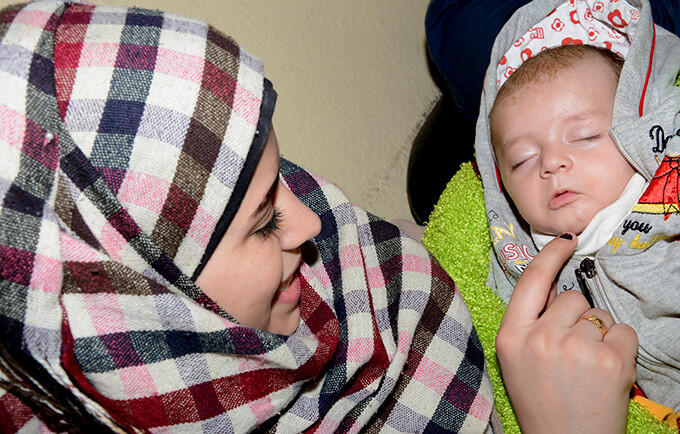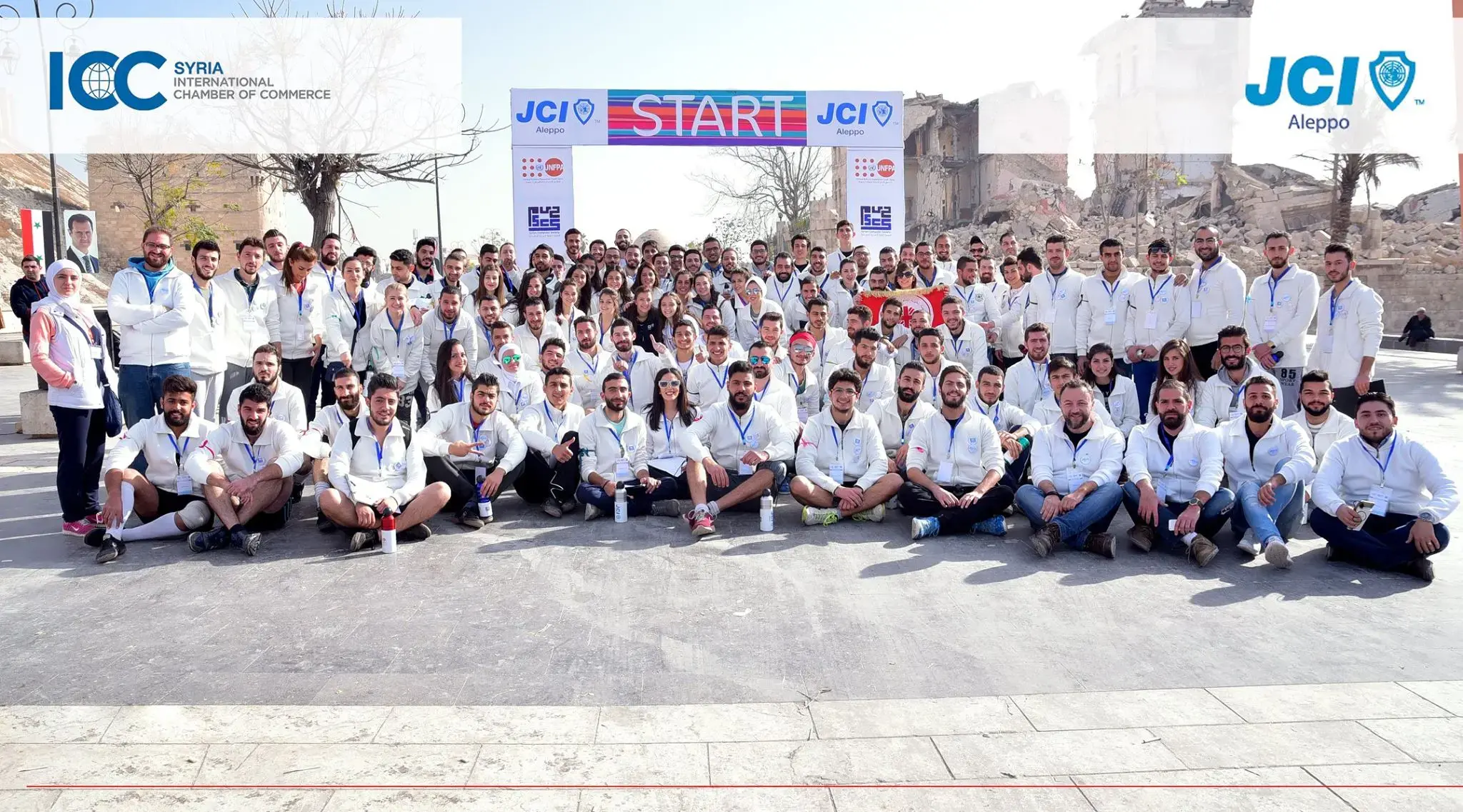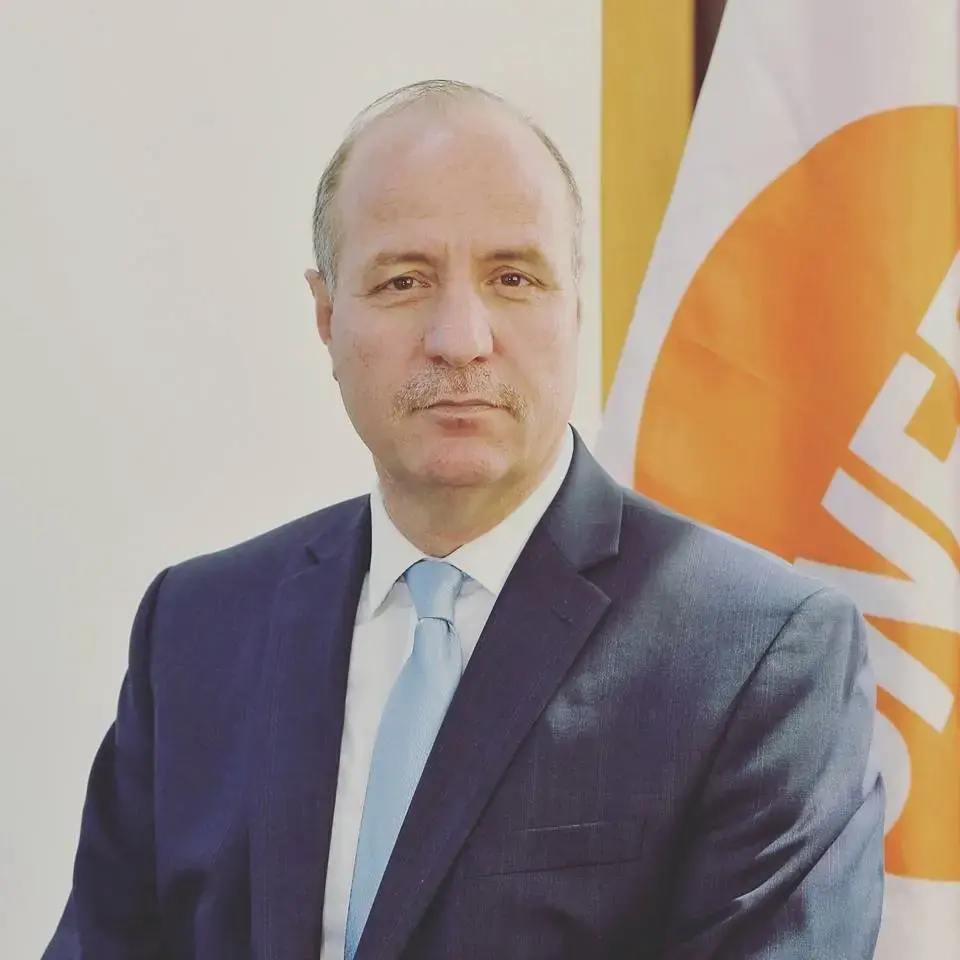DAMASCUS, Syria – Sarab’s life changed forever in January, when her husband was killed in a mortar explosion at the schoolyard where he worked. She found herself alone and pregnant at age 23.
As the crisis in Syria enters its fifth year, the conflict is worsening, UN officials said, ahead of today’s pledging conference in Kuwait. Relentless violence and destruction have forced nearly half of all Syrians to flee their homes – making this the largest displacement crisis in the world.
Some 3.9 million people are living as refugees in neighbouring countries, and some 7 million people are displaced within Syria. Over 12 million people inside Syria are in dire need of assistance.
And for pregnant women in Syria, like Sarab,* the risks and needs are even greater.
Critical disruptions in care
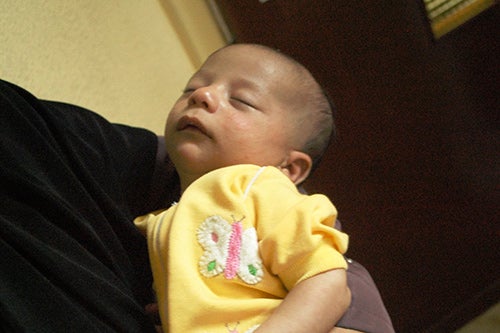
Infrastructure damage and continuing hostilities have reduced the number of facilities and health personnel able to provide pregnant women with antenatal and post-natal care and skilled attendance at delivery.
Lack of access to safe transportation has exacerbated these problems. And with families uprooted and livelihoods interrupted, the costs of care are increasingly difficult to bear.
UNFPA has set up a reproductive health voucher system to pay for these essential services, including prenatal, delivery, post-natal and emergency obstetric care.
Ensuring access to safe delivery
In the last weeks of her pregnancy, Sarab was consumed with grief and fear. Displaced, and now alone, she did not know whether she could cover the costs of delivery.
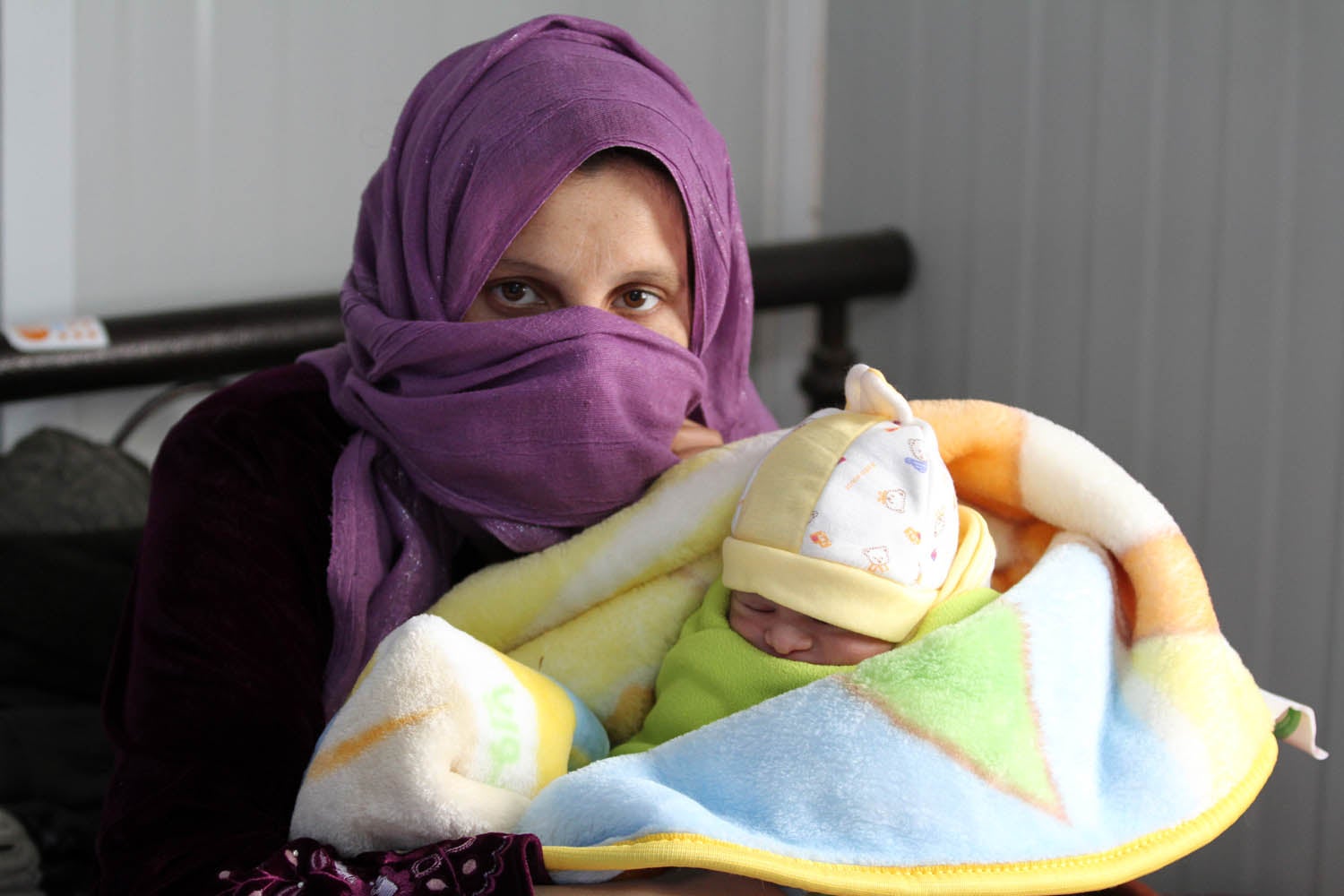
But before she gave birth, she was approached by a UNFPA-supported mobile reproductive health team. The mobile team provides reproductive health services and psychosocial support to women and girls of reproductive age, particularly in areas where care is difficult to access.
The health workers gave Sarab a voucher, ensuring she would be able to receive the maternal care and other services needed to safely deliver her baby.
A new beginning
In 2014, approximately 18,000 women received reproductive health services, including emergency obstetric care, through UNFPA-partnered hospitals and other UNFPA-supported programmes.
Reproductive health vouchers were distributed by local NGOs and 28 mobile teams, including in hot spot areas and settlements for displaced populations.
These efforts are making a difference for women like Sarab, who recently, and safely, gave birth to a healthy girl.
Her daughter’s birth has been an opportunity for a new beginning, she said. “I have my beautiful baby girl to give me new hope.”
*Name changed

